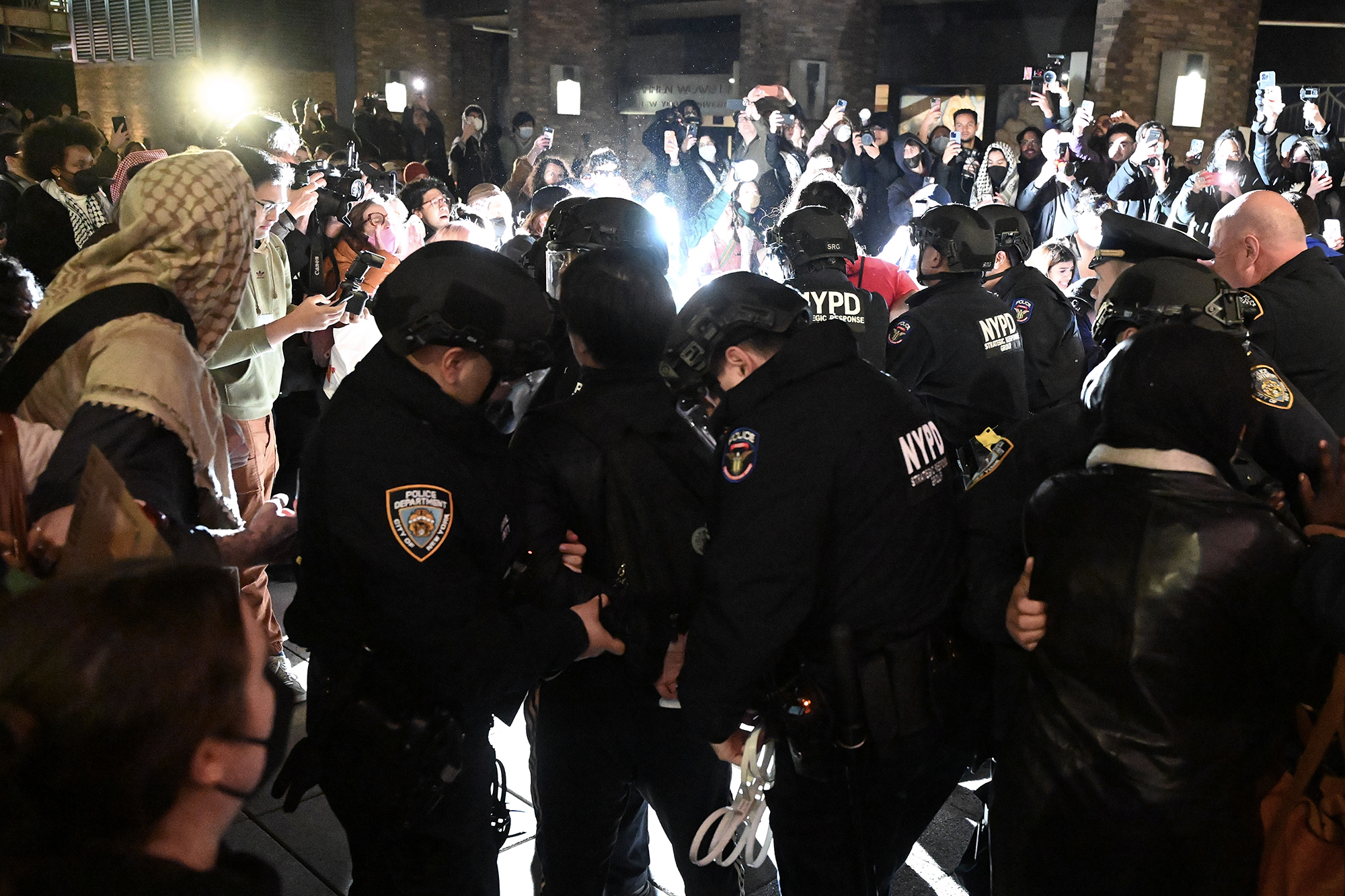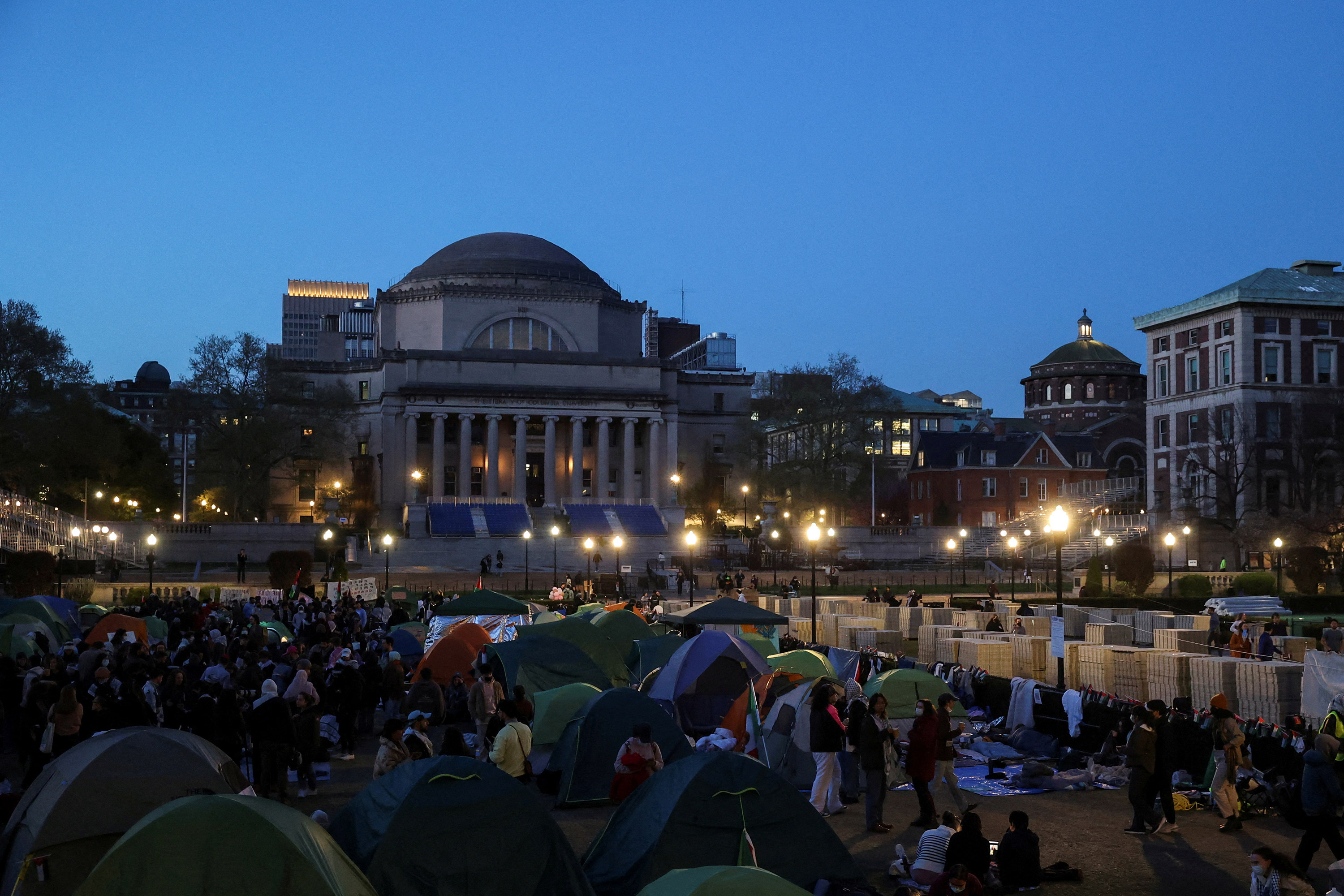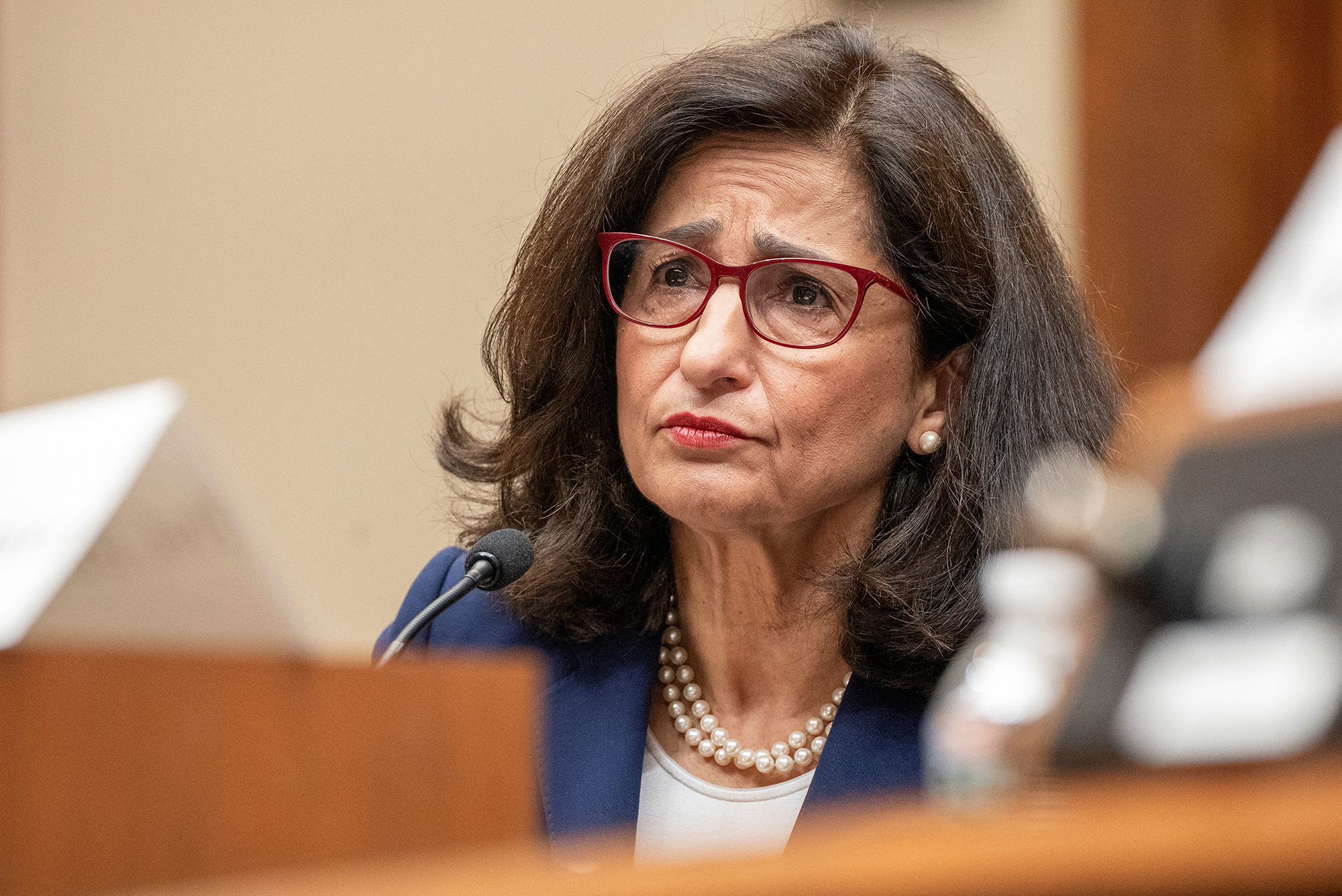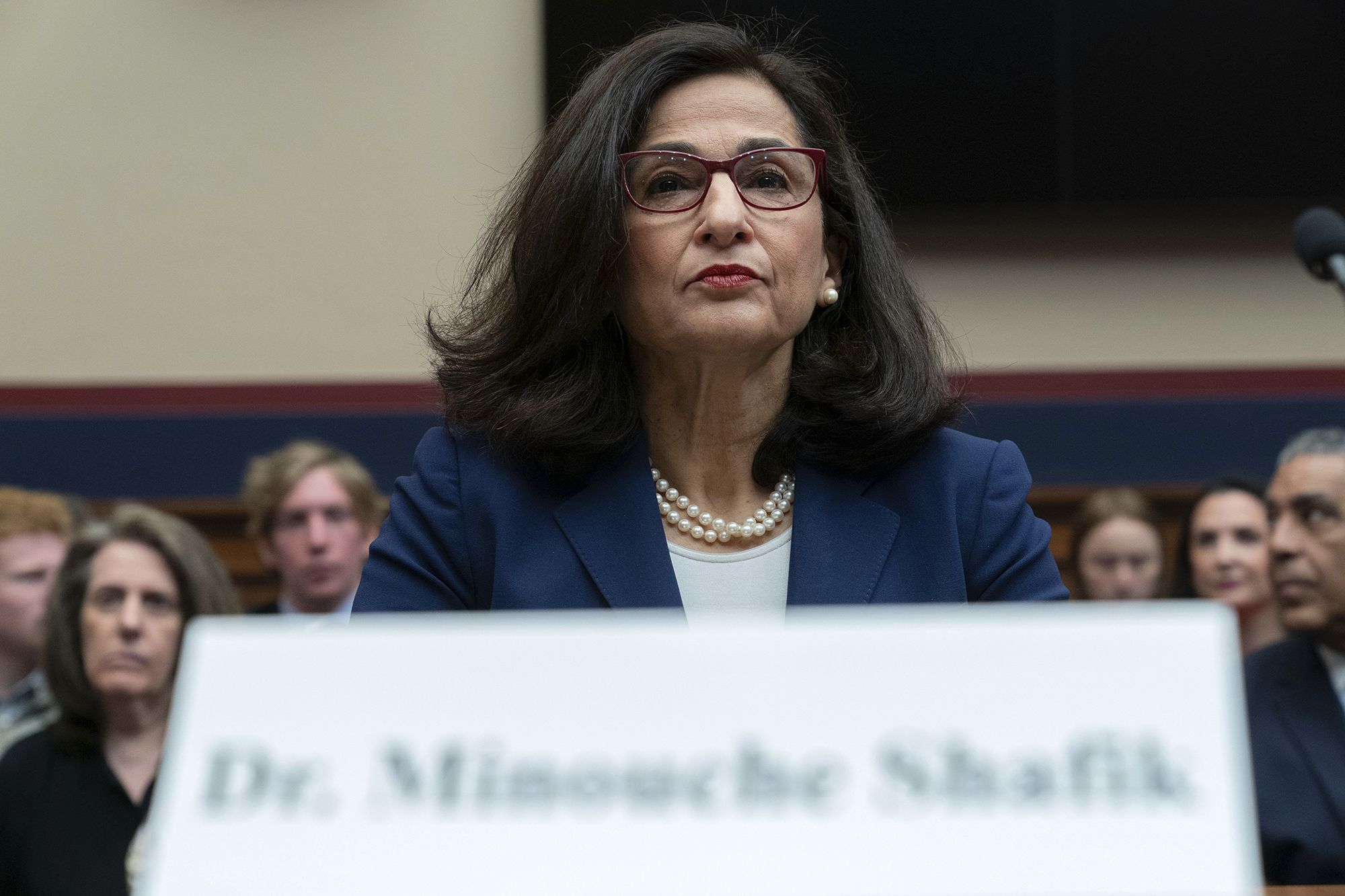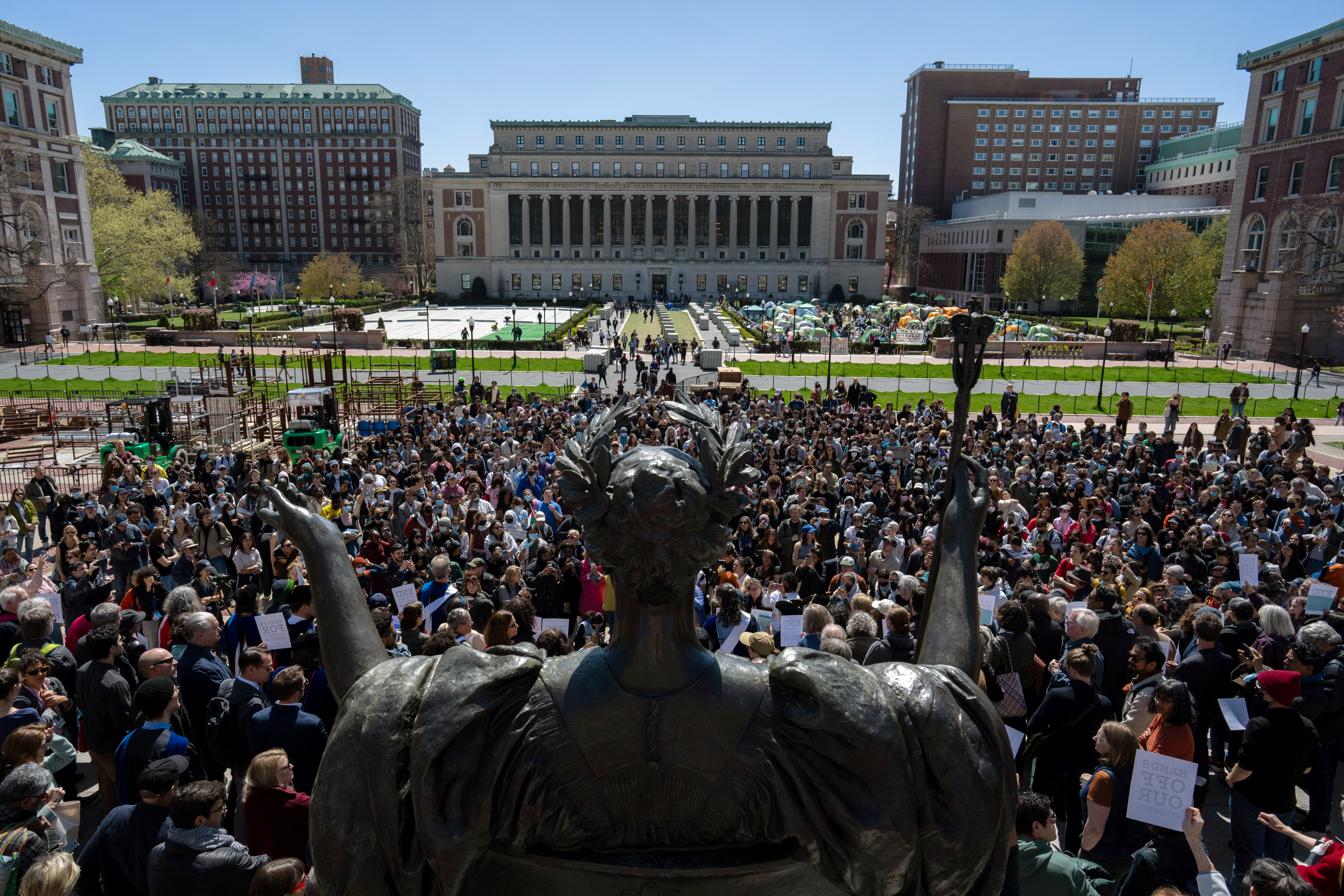A pro-Palestinian student organization at Harvard University was suspended for allegedly violating school policies amid protests on college campuses across the country, according to the student group and a source with knowledge of the suspension.
Harvard’s Palestine Solidarity Committee was suspended for cohosting events with non-recognized organizations, the source said.
The organization posted about the suspension on its social media pages Monday.
“You can suspend our organization and threaten our students. But you will never silence our calls for divestment from apartheid, occupation & genocide,” a slide in the multi-photo post on X and Instagram read. “We call on the Harvard community to fight against repression and join the movement for Palestinian liberation.”
A statement sent to CNN Monday by university spokesperson Holly J. Jensen said Harvard works closely with recognized student organizations to make sure they are following policies in the Student Organization Resource Guide.
“The College is committed to applying all policies in a content-neutral manner and in close partnership with our student organizations. All student organizations are required to participate annually in training on these policies, and any organization found in violation of the policy is subject to corrective action,” the statement read.
